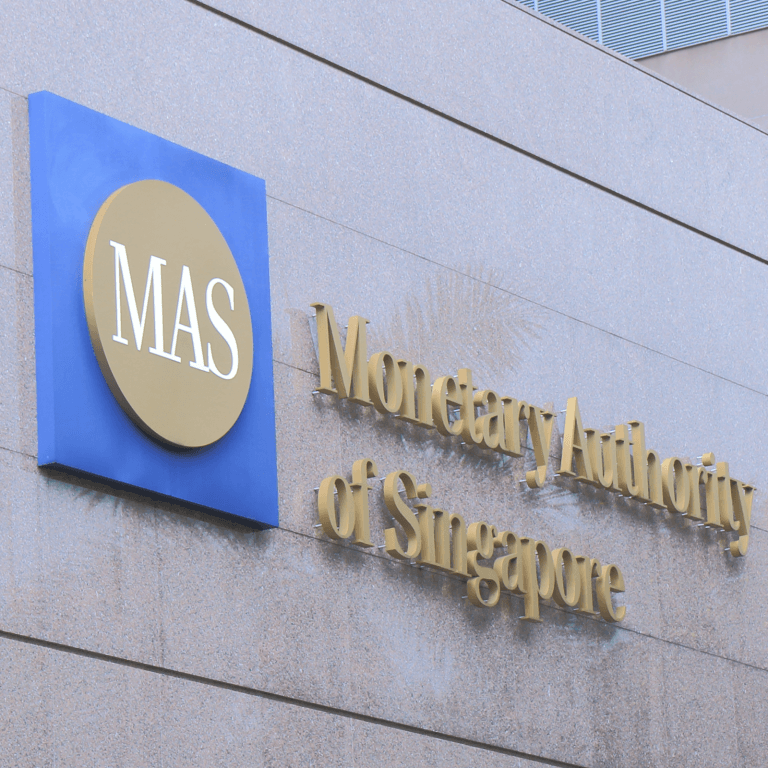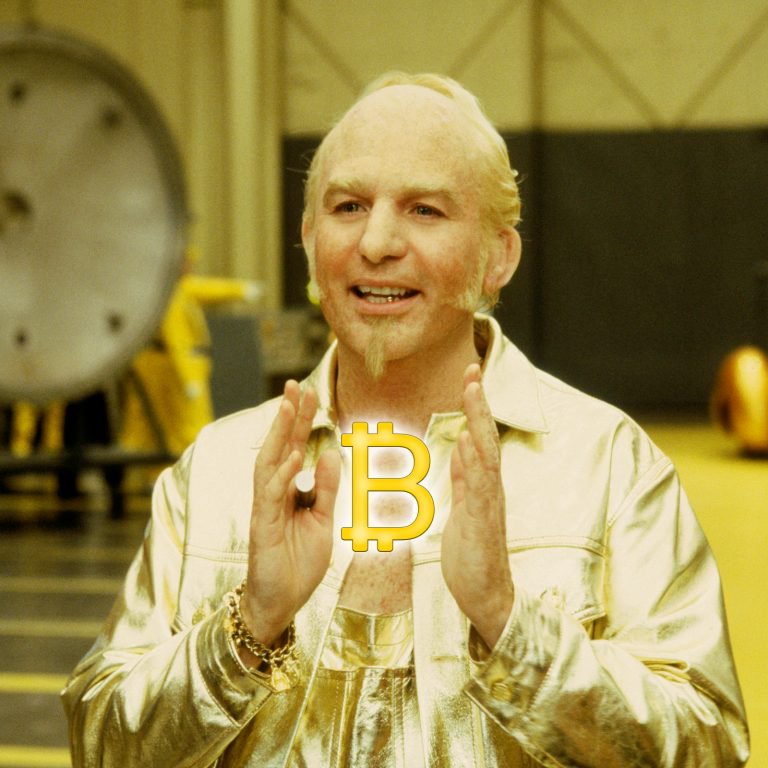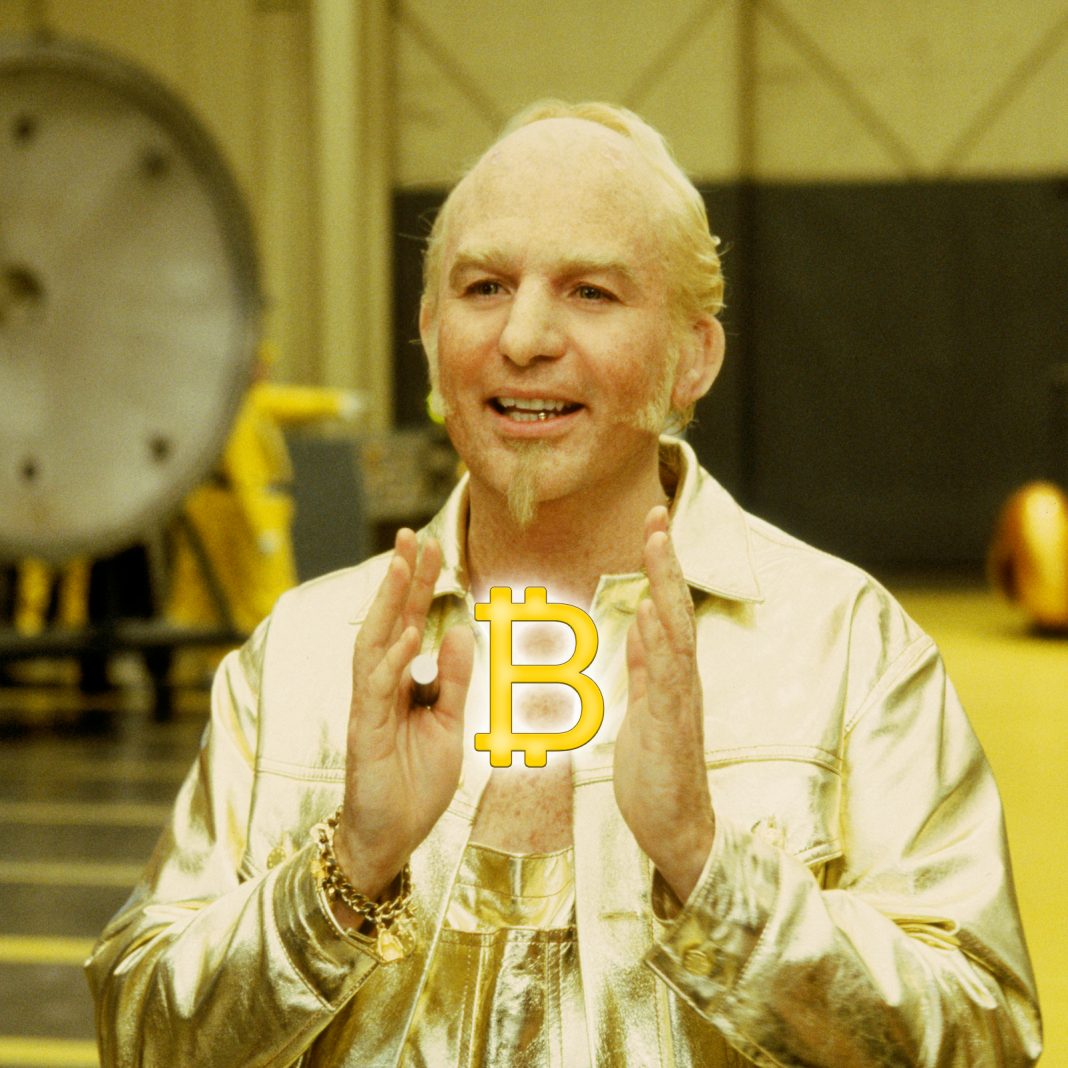Bruce Fenton is the CEO of Chainstone Labs and Atlantic Financial. He has worked in the investment management industry for over 25 years and is a board member of the Bitcoin Foundation and Medici Ventures, and is the host of the Satoshi Roundtable event.
In this opinion piece, Fenton offers a set of criteria by which investors can analyze ICOs and cryptocurrencies, with a mnemonic device inspired by one of the industry’s favorite slogans.
Before bitcoin came along, I was a financial advisor for many years. So I really don’t like to see people make foolish decisions that cost them a lot of money.
Clearly, digital assets are here to stay. The opportunity is exciting, but we should also be concerned about the rampant proliferation of low-quality offerings and scams.
To make things worse, digital assets don’t even have a common set of criteria by which we evaluate them. With public companies, we can compare earnings, balance sheets and other similarly calculated metrics. For digital assets, there might not even be a balance sheet; you might be making a donation to a non-profit or purchasing an API key.
There is a need for a uniform set of criteria that people can to evaluate the merit of various assets. To help investors sort the rare gems from the abundance of junk, I’ve made a simple tool called Spacesuit X for analyzing the investment merits of coins, tokens, ICOs and similar projects.
What is it?
Spacesuit X is a rating scale of 0–100 which is based on an acronym for 10 categories that investors and analysts might consider regarding tokens, coins and ICO offerings. The tenth category is “X Factor” which allows analysts to assign their own criteria for evaluation.
The default value for each category is 10. Analysts score each category on a 0–10 scale, with 10 being the highest. For example, if an analyst felt bitcoin had very good security they might rate it a 9 or higher.
Each category is then added up and totaled. This gives projects a final score of 0–100, with higher scores being better. The default weighting for each category is 10, so 10 points each in 10 categories add up to a maximum score of 100. Analysts who wish to weight a category differently can do so. For example, if someone thinks security should make up 20 percent of a project’s rating, not just 10 percent, they can change the weighting to 20, and adjust the others downward so the total remains at 100 points.
Alternatively, analysts can keep the default weighting and apply their own additional screens or metrics. For example: “Use the default weighting of 10 for security, but I won’t consider any project which has a security score of less than 7 and an overall score of below 75.”
There is a great deal of flexibility for analysts to adjust the system for their own preferences. For example, the section called “community and management” only lists criteria that should be considered. This analysis protocol doesn’t make a judgement call on whether something is good or bad. That is up to the individual analyst. So, if an analyst strongly prefers open source versus a corporate model they can reflect that in their rating. One analyst might place a heavy importance on a fixed supply, another may rate a coin highly on accounting and legal, depending on the jurisdiction that they are in. This allows each analyst to rate each category according to their own preferences.
Without further ado, here are the categories of analysis:
Security
How secure is this? Security is the foundation of any crytpo or blockchain project. Factors to be considered are the security of the blockchain being used, centralization, control and an analysis of attack vectors on the chain, coin, project and any related smart contracts.
Participation
What are you participating in with this token or coin? What portion of earnings or equity of a project does my token represent (if any)? Have you purchased a security? An app API key? A share of future of revenue? Have you simply donated to a non-profit tech foundation? What portion has been diluted and how? How fair and transparent was the issuance process?
Accounting and legal
How are holdings calculated? On a public, open blockchain or by a central party? What, if any, is the corporate structure of this project? Is it open source? Are there significant legal risks for any key contributors, managers or entities involved in this project? Is this project legal in the jurisdictions important to you? What user rights (if any) are a natural part of the code?
Community, management and team
Who is working on this project? Is there a community? For FOSS (free and open-source software), who contributes how when and why? Is it open or controlled? For corporate, non-open-source projects, who is the team and what is their track record? Who are the executives behind this? What have they done before? Have they ever managed similar amounts of money and numbers of employees successfully?
Earnings
What is the economic size of transactions in this asset? What are the earnings and projected earnings of this project and/or this part of the industry (if any)? Projected growth rates? Is this being used or bought for something other than speculation? Who is buying? What do they pay? What will those amounts be in the future? Most importantly, how does my token tie to these earnings (if at all)?
Supply and demand
Is supply fixed or limited? How many coins or tokens will be issued? How? Who can change this? Who controls large amounts of coins? What is the real market strength and market cap value? Is there enough market depth to actually support significant sales at a similar price or is it too thinly traded?
Usability
What will the project, coin or token be used for? If not usable directly, what is the share of equity it gives you? Is the project a useful application? Does the token represent something else of value? What? How? What does this token, coin or project do? What is the problem solved by this? Do people or will people use it? Why?
Industry/institutional backing
Are corporations or venture capitalists participating? Do exchanges list this token or coin? Do companies build businesses around this? Does the project have any major industry or non-industry partners? What is the overall market direction? How about for this type of project? What’s the state of the industry? Who is the competition? What is this project’s leadership in the space for this use case?
Technical
What are the technical details? If this is using a blockchain, does it need one? How much has this been tested? Are the speed and efficiency drawbacks of a blockchain worth it for this project? Why? Is this blockchain open or permissioned? How resistant to censorship is this blockchain? What anonymity features does the tech offer?
X factor
What other factors would you like to include in your analysis? What is the overall thesis? Why will the markets place value on it? What other risks are there?
The X factor slot is your chance to add any criteria that I’ve missed.
Then you tally it all up.
Overall score
Security: Score 0–10 ___
Participation: Score 0–10 ___
Accounting and legal: Score 0–10 ___
Community, management and team: Score 0–10 ___
Earnings: Score 0–10 ___
Supply and demand: Score 0–10 ___
Usability: Score 0–10 ___
Industry/institutional: Score 0–10 ___
Technical: Score 0–10 ___
X factor: Score 0–10 ___
Total: Score (0–100) ____
Hopefully other analysts will use the Spacesuit X method to rate tokens and explain their own decisions. This tool is published under the Creative Commons license and is free and open source. I’ve tried to make it flexible enough for anyone to use and publish an analysis. You are welcome to use and adapt as you see fit.
Just remember: If you’re doing something as brave, and risky, as flying to the moon, bring your spacesuit.
Astronaut image via Shutterstock
The leader in blockchain news, CoinDesk strives to offer an open platform for dialogue and discussion on all things blockchain by encouraging contributed articles. As such, the opinions expressed in this article are the author’s own and do not necessarily reflect the view of CoinDesk.
For more details on how you can submit an opinion or analysis article, view our Editorial Collaboration Guide or email [email protected].







 Instead, the central bank will focus on looking at “the activities surrounding the cryptocurrency and asking ourselves what kinds of risks they pose, which risks would require a regulatory response, and then proceed from there,” he detailed.
Instead, the central bank will focus on looking at “the activities surrounding the cryptocurrency and asking ourselves what kinds of risks they pose, which risks would require a regulatory response, and then proceed from there,” he detailed.


 In a report discussing the achievements and lessons learned one year after the FCA’s establishment of a regulatory sandbox, the financial conduct authority has accused financial institutions of intentionally denying banking services to companies operating in the blockchain industry.
In a report discussing the achievements and lessons learned one year after the FCA’s establishment of a regulatory sandbox, the financial conduct authority has accused financial institutions of intentionally denying banking services to companies operating in the blockchain industry. The FCA states that it is “concerned that denying certain customers bank accounts on a wholesale basis causes significant barriers to entry and could lead to poor competition in certain markets.” The report states that the current banking practices “pose [risks] to innovation and competition.”
The FCA states that it is “concerned that denying certain customers bank accounts on a wholesale basis causes significant barriers to entry and could lead to poor competition in certain markets.” The report states that the current banking practices “pose [risks] to innovation and competition.” The FCA asserts that financial institutions repeatedly cited perceived money laundering risks associated with blockchain technology as the basis for refusing to provide services to DLT companies.
The FCA asserts that financial institutions repeatedly cited perceived money laundering risks associated with blockchain technology as the basis for refusing to provide services to DLT companies.

 Announcements that Indonesia’s central bank will not recognize bitcoin as a legitimate means of payment have resulted in the closure of bitcoin payment platforms operating in Indonesia. Since the announcements, Bitbayer, an Indonesian alternative to Bitpay, has announced that it will terminate its services on November 1st and encourages its customers to withdraw their funds before the end of the month. Toko Bitcoin, a company that once allowed its customers to purchase prepaid phone and electricity vouchers using bitcoin, has ceased accepting bitcoin as a means of payment.
Announcements that Indonesia’s central bank will not recognize bitcoin as a legitimate means of payment have resulted in the closure of bitcoin payment platforms operating in Indonesia. Since the announcements, Bitbayer, an Indonesian alternative to Bitpay, has announced that it will terminate its services on November 1st and encourages its customers to withdraw their funds before the end of the month. Toko Bitcoin, a company that once allowed its customers to purchase prepaid phone and electricity vouchers using bitcoin, has ceased accepting bitcoin as a means of payment. Darmawan also discussed PT Bitcoin Indonesia’s decision to cease providing payment services and continue operating its exchange platform. Darmawan addressed the “grey area that the [central bank’s] statement has created,” stating that [PT Bitcoin Indonesia] ha[s] decided to comply with the Indonesian regulator because our exchange… is our main concern.” Darmawan also stated that he regularly meetings with Indonesia’s Financial Services Authority in order to ensure regulatory compliance.
Darmawan also discussed PT Bitcoin Indonesia’s decision to cease providing payment services and continue operating its exchange platform. Darmawan addressed the “grey area that the [central bank’s] statement has created,” stating that [PT Bitcoin Indonesia] ha[s] decided to comply with the Indonesian regulator because our exchange… is our main concern.” Darmawan also stated that he regularly meetings with Indonesia’s Financial Services Authority in order to ensure regulatory compliance.

 Bitcoin enthusiasts have been discussing the
Bitcoin enthusiasts have been discussing the  Following the announcement from Coinbase, on the same day the popular cryptocurrency
Following the announcement from Coinbase, on the same day the popular cryptocurrency 
 Additionally, another wallet provider Coinomi has
Additionally, another wallet provider Coinomi has  Furthermore, the cryptocurrency exchange Bittrex
Furthermore, the cryptocurrency exchange Bittrex